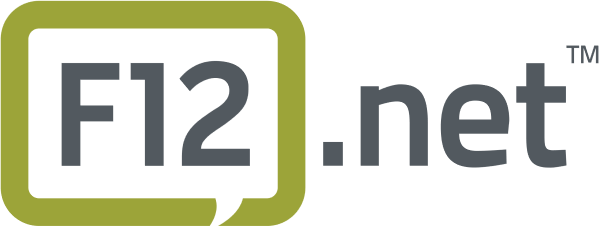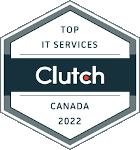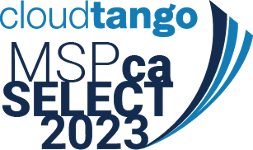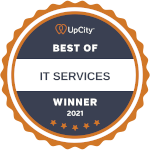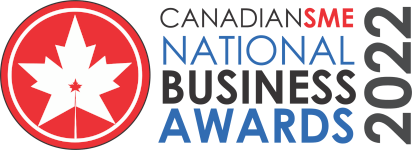Propel your business forward with Canada’s most responsive and secure managed IT services provider (MSP).
Who needs managed IT services?
Managed IT services are for any organization seeking to increase focus on core disciplines by offloading secondary functions. If it doesn’t directly drive your organization’s unique mission to put your time and energy into creating and managing a world-class IT team, then you are better to partner with F12.net, which already has.
What is a typical cost for managed IT services?
The costs for managed IT services vary widely depending on the size of your business and the scope of services provided. Typically, small businesses can expect to pay between $1,000 and $10,000 monthly for managed IT services, whereas larger organizations pay between $10,000 and $50,000 or more.
What’s included in Managed IT Services?
Managed IT Services include remote & onsite support, ongoing maintenance, 24/7 proactive monitoring, cybersecurity services, backup & disaster recovery, network management, resource planning, cloud operations, and project services.
What is the difference between managed IT services and IT services?
IT Services refer to the broad sweep of technology services companies may choose to outsource to a service provider. They include everything from ad-hoc project work to ongoing cloud services. Managed IT Services is a comprehensive approach that wraps a suite of IT services into a comprehensive engagement for a fixed monthly fee, encompassing the tools, processes, personnel, systems, and accountability to deliver an ongoing result.
What is a fully managed IT service?
A fully managed IT service takes complete responsibility and accountability for IT services and includes a comprehensive suite of IT services. Fully managed IT services contrasts with co-managed IT services, where responsibility is shared between the service provider and an internal IT department.
